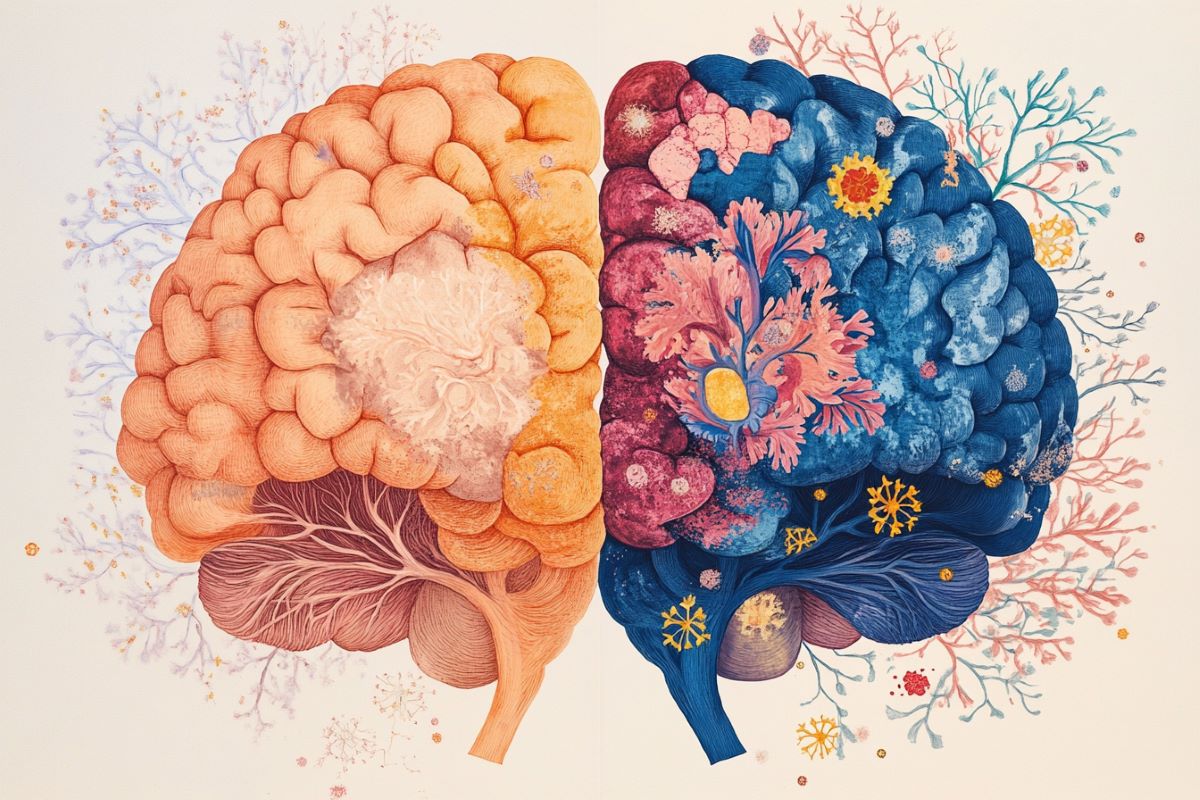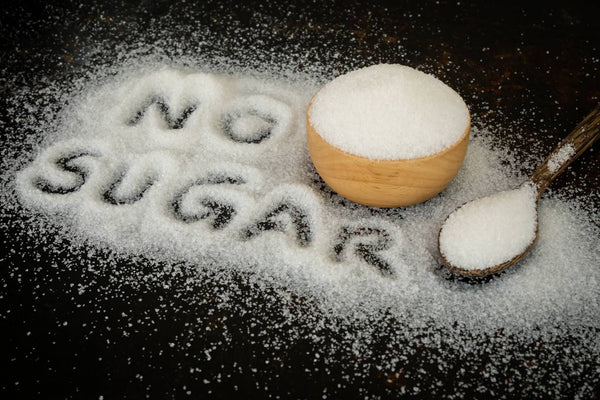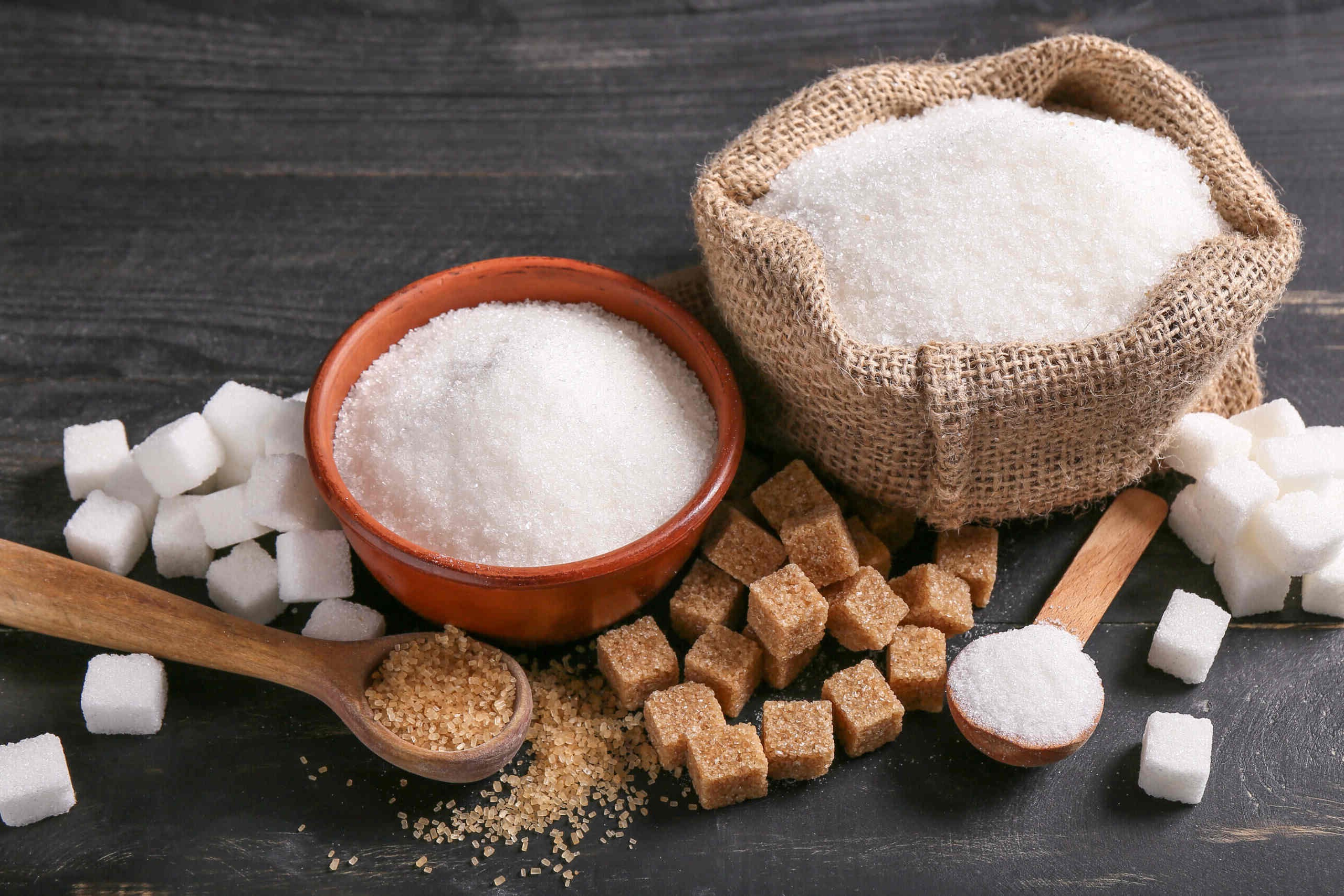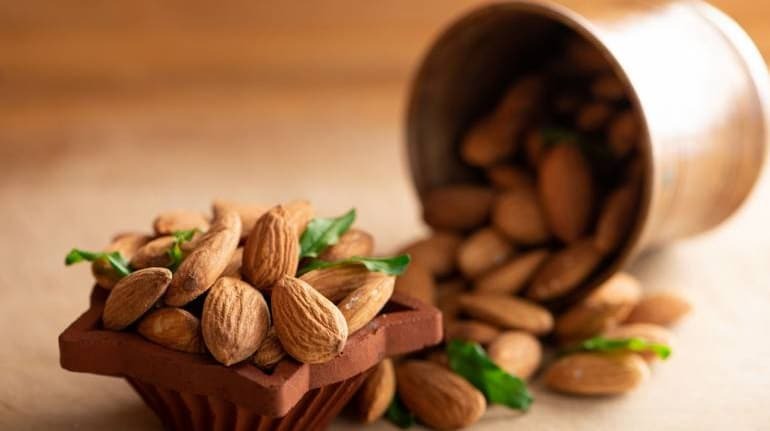Nearly 1 in 3 Adults Are Iron Deficient, Here's how you can keep your Iron intake on track!
- BySharath
- 05 Jan, 2025
- 0 Comments
- 2
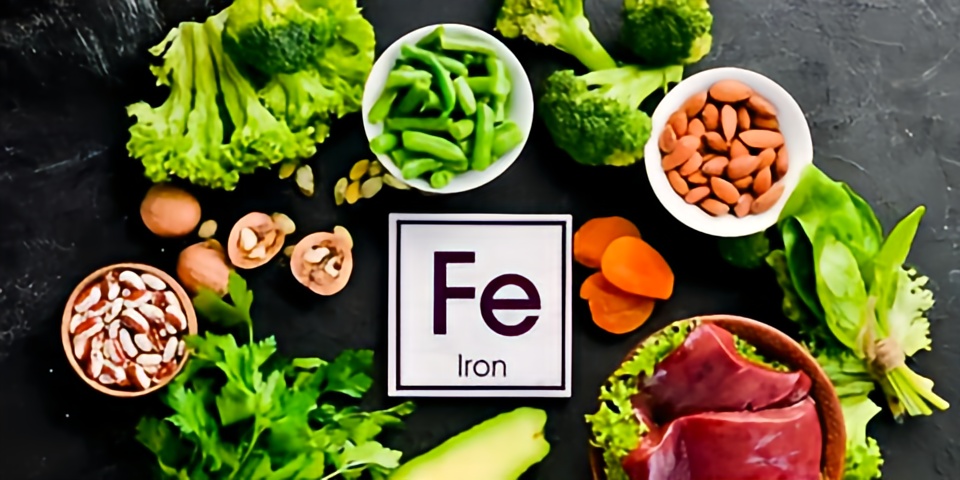
A new study reveals that nearly one in three adults suffer from iron deficiency, a condition linked to various health problems such as fatigue, poor brain function, heart failure, and an increased risk of death. Despite the availability of iron supplements, more than half of those with iron deficiency are not receiving treatment. The study found that only a small percentage of those with low iron levels are using iron supplements, with only 22–35% of women and 12–18% of men taking them.
Iron plays a crucial role in the body, primarily as a component of hemoglobin, which helps carry oxygen in the blood. It also supports metabolic functions, including energy production and DNA synthesis. Low iron levels can lead to iron deficiency anemia, but it is also associated with other health issues such as restless leg syndrome, decreased physical ability, and impaired cognitive function. Experts consider iron deficiency to be a significant contributor to the global disease burden.
Iron deficiency is more common in individuals who are at higher risk, including those who menstruate, are pregnant or breastfeeding, or have gastrointestinal disorders like celiac disease. Vegetarians and vegans are also at higher risk, as they may not consume enough iron-rich foods. Signs of iron deficiency include fatigue, weakness, headaches, pale skin, and brittle nails. However, excessive iron intake can also be harmful, causing gastrointestinal issues or leading to iron overload, which can result in hemochromatosis.
To boost iron intake, individuals can consume foods rich in iron. Heme iron, which is more easily absorbed by the body, is found in animal-based products like red meat, poultry, and seafood. Plant-based sources of non-heme iron include lentils, beans, tofu, and spinach. Additionally, vitamin C-rich foods, such as citrus fruits and bell peppers, can enhance iron absorption. Cooking with cast iron cookware and avoiding coffee or tea during meals can also improve iron levels.
Post a comment
Indians Are Saying No to Sugar!
- 31 Mar, 2025
- 2
How Winter Fuels Cold Viruses?
- 14 Dec, 2024
- 3
Is Sugar the New Alcohol? Shocking Health Risks You Need...
- 24 Feb, 2025
- 2
Do Women Get Their Periods While in a Coma?
- 07 Mar, 2025
- 2
Which nuts have the most protein in them?
- 16 Apr, 2025
- 2
Categories
Recent News
Daily Newsletter
Get all the top stories from Blogs to keep track.







